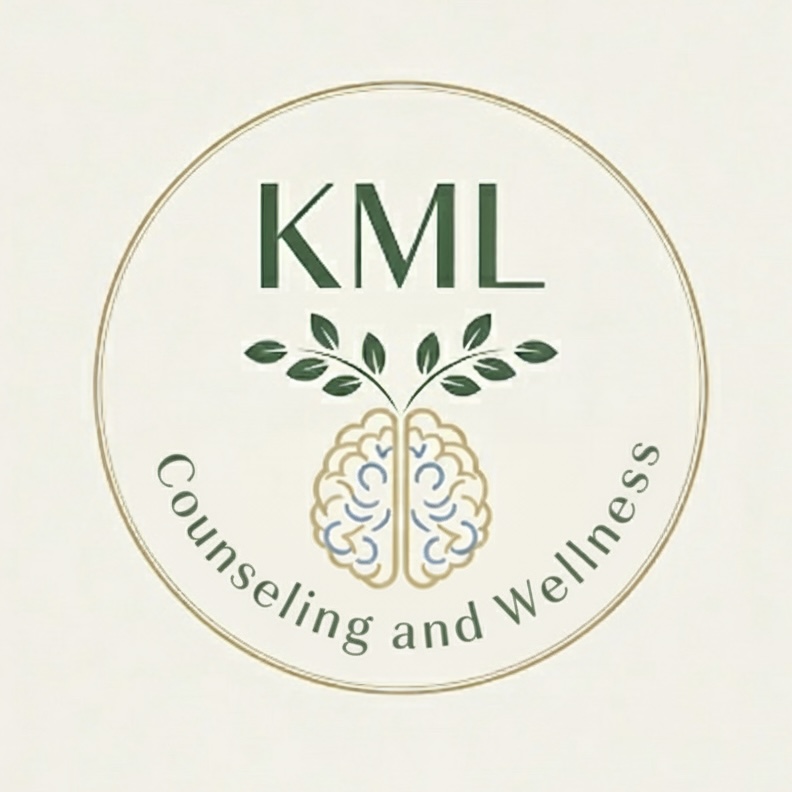Caregiver Burnout & Toxic Positivity
- Kendra Lanni, LICSW
- Oct 21, 2025
- 3 min read
Updated: Nov 17, 2025
Caring for a loved one is an act of profound love and dedication. Whether it's an aging parent, a child with special needs, or a partner facing chronic illness, caregivers often wear many hats – nurse, advocate, chef, chauffeur, emotional support, and so much more. While incredibly rewarding, this demanding role can also lead to an invisible struggle: caregiver burnout.
Burnout isn't just feeling tired; it's a state of physical, emotional, and mental exhaustion caused by prolonged or excessive stress. For caregivers, it can manifest as:
• Emotional exhaustion: Feeling drained, cynical, irritable, or even numb.
• Depersonalization: Feeling detached from the person you're caring for, or from your own identity.
• Reduced personal accomplishment: Feeling ineffective, hopeless, or that your efforts don't make a difference.
• Physical symptoms: Headaches, fatigue, changes in appetite or sleep, increased susceptibility to illness.
If you're experiencing these feelings, please know you are not alone, and it's a completely understandable response to the immense pressure you face day in and day out.
The Double-Edged Sword of Support
When you're in the throes of burnout, seeking support from friends and family is crucial. However, sometimes well-meaning loved ones can inadvertently add to your burden with what's known as toxic positivity. Toxic positivity is the excessive and ineffective overgeneralization of a happy and optimistic state across all situations. It often comes from a good place – people want to cheer you up, minimize your pain, or offer a quick fix. But phrases like:
• "Just focus on the good things."
• "Everything happens for a reason."
• "At least you have them."
• "Remember, a positive attitude is all you need!"
• "You're so strong, you've got this!"
...while intended to be uplifting, can actually invalidate your very real feelings of stress, anxiety, grief, anger, or sadness. They can make you feel guilty for struggling, as if you're failing to appreciate what you have, or that your negative emotions are somehow "wrong." Imagine someone trying to paint over a cracked wall with a bright, cheerful color instead of addressing the structural damage. That's what toxic positivity can feel like when you're burnt out.
Counteracting Toxic Positivity and Finding Real Support
So, how do you protect your emotional well-being when well-meaning advice feels dismissive?
1. Acknowledge and Validate Your Own Feelings: Before you can address others, give yourself permission to feel what you feel. It's okay to be angry, sad, exhausted, or resentful. These emotions are part of the full human experience, especially under prolonged stress.
2. Gently Educate Your Support System: You don't have to launch into a lecture, but you can set boundaries and express your needs. If you're not feeling up to it, talk with a trusted friend to have these conversations with your support system. Try phrases like:
• "I know you mean well, but right now, I just need someone to listen, not to offer solutions."
• "I'm grateful for your support, but right now, I need to focus on what's hard. Could you just listen without trying to fix it?"
• "I appreciate your positivity, but sometimes I just need to vent. You don't have to fix this for me.”
• "I'm feeling overwhelmed, and what would make a real difference is if you could [a specific action, e.g., 'help me organize my thoughts' or 'just distract me for a bit']."
3. Seek Out People Who Get It: Connecting with other caregivers can be incredibly validating. They understand the unique challenges and can offer empathy that those outside the situation might not. Look for online forums, local support groups, or even just another caregiver friend.
4. Prioritize Your Self-Care (But, Seriously!): This isn't selfish; it's essential for your capacity to care for others. Even small moments matter:
• Move your body for 15 minutes, this could be a walk or a gentle stretching routine
• Listen to your favorite music alone
• Read a book or an interesting article
• An extra long shower
• A quiet cup of tea
Don't wait until you're completely depleted. Proactive self-care is your shield against burnout.
Consider Professional Support: This is where therapy can make a profound difference.
A therapist can provide:
• A safe, non-judgmental space: To process your emotions, fears, and frustrations without worrying about burdening loved ones or receiving platitudes.
• Coping strategies: Tools for managing stress, improving communication, and setting healthy boundaries.
• Validation: Reassurance that your feelings are normal and understandable.
• Perspective: Help in reframing thoughts and finding sustainable ways to manage your caregiving role.
Being a caregiver is a heroic journey, and you deserve support that truly uplifts you, not dismisses your pain. If you're struggling with caregiver burnout, or finding it hard to navigate your support system, please know you don't have to carry this burden alone. Let's get started, click here.



